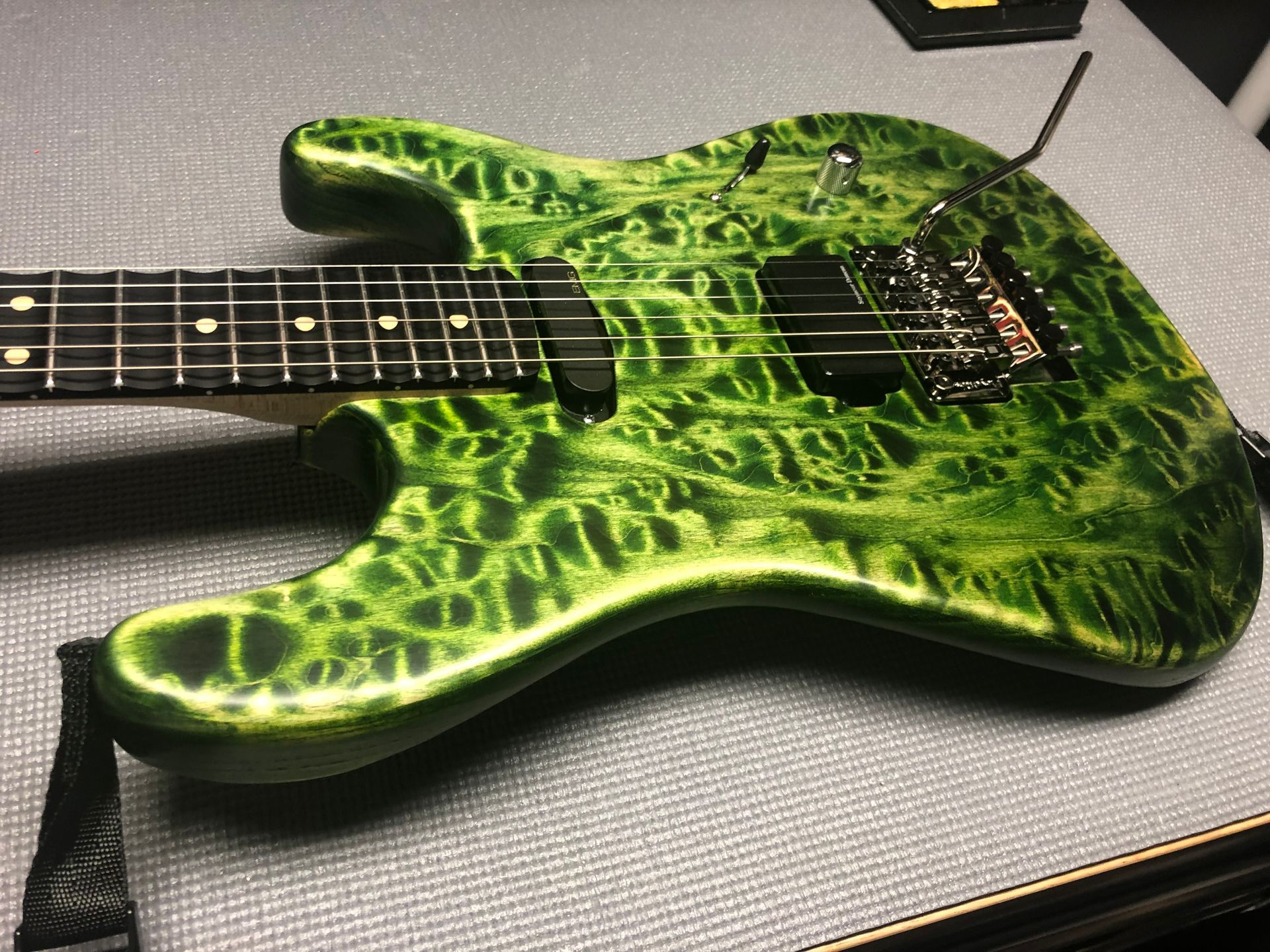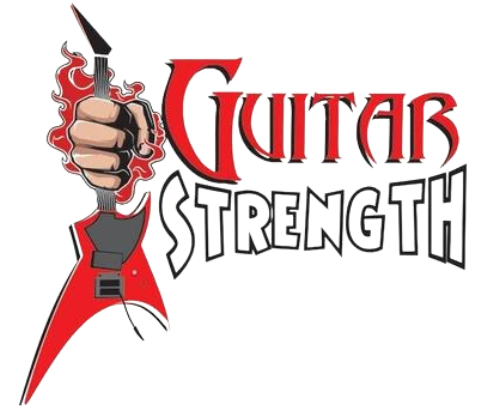BLOG
Blog

31 Oct, 2023
Learning to play the guitar can be an exciting and rewarding journey, but it's essential to start with the right foundation. Preparing for your guitar lessons as a beginner is crucial to ensure a smooth and enjoyable learning experience. Here's a step-by-step guide to help you get ready for your guitar lessons: Get the Right Guitar Before you begin your lessons, you'll need a guitar. If you don't already have one, consider the following: Acoustic vs. Electric: Decide whether you want to start with an acoustic or electric guitar. Acoustic guitars are often recommended for beginners because they don't require an amplifier; though I personally recommend beginners choose electric guitars because they are physically easier to play initially, they allow for quiet practice while unplugged, and because they can be a lot more FUN. Quality: Invest in a decent-quality guitar that suits your budget. You don't need a top-of-the-line instrument, but a reliable one will make your learning experience more enjoyable. Size: Make sure your guitar is the right size for you, especially if you're a child or have smaller hands. A properly sized guitar will be more comfortable to play. Gather Essential Accessories To get the most out of your guitar lessons, you'll need a few accessories: Tuner: A digital tuner will help you keep your guitar in tune, ensuring that you're always playing the right notes. Picks: Guitar picks come in various sizes, shapes, materials, and thicknesses, and you can experiment to find the one that suits your playing style. Guitar Strap: If you're using an acoustic or electric guitar while standing, a strap will keep it in place. Capo: A capo is a useful tool for changing the pitch of your guitar without changing the fingering. Guitar Case: To transport your guitar from home to lessons or to play with other musicians and friends, consider getting a case or gig bag. Guitar Stand or Wall Mount: To keep your guitar safe and out so that it is always ready for you to practice and play with. Set Up Your Practice Space Creating a dedicated practice space will help you stay focused and organized: Good Lighting: Ensure that your practice area is well-lit so you can see your guitar, music, and fingers clearly. Comfortable Seating: Use a comfortable chair or stool. Proper posture is essential for playing the guitar comfortably and avoiding strain. Minimal Distractions: Keep your practice space free from distractions. Turn off the TV, put your phone on silent, and let others in your household know that you need some focused practice time. Familiarize Yourself with Your Guitar Take some time to get to know your guitar: Parts of the Guitar: Learn the basic parts of the guitar, including the headstock, neck, body, and frets. String Names: Memorize the names of the strings from low to high (E, A, D, G, B, e). Tuning: Familiarize yourself with how to tune your guitar, either using a tuner or tuning by ear. Learn Some Basic Music Theory While you don't need to become a music theory expert, having a basic understanding of musical concepts can be incredibly helpful: Notes: Learn the names of the notes on the guitar fretboard. Chords and Scales: Start to explore common chords and scales that you'll encounter in your lessons. Rhythm: Understand basic rhythm patterns and how to count beats. Listen to Guitar Music Listen to guitar music across different genres. It can be inspiring and help you develop an ear for the instrument. Pay attention to the guitar parts in songs and try to identify chords and melodies. Develop a Practice Routine Plan your practice routine, setting aside dedicated time each day to work on your guitar skills. Focus on the fundamentals, such as finger exercises, chord changes, and scale practice Stay Patient and Positive Remember that learning the guitar is a journey, and progress takes time. Stay patient and maintain a positive attitude. Celebrate your small victories along the way. Communicate with Your Instructor If you have a guitar teacher, communicate your goals and expectations. This will help your instructor tailor the lessons to your needs and pace. By following these steps and staying committed to your practice, you'll be well-prepared to embark on your guitar lessons as a beginner. Learning the guitar can be a fulfilling and enjoyable experience, and with the right preparation, you'll set yourself up for success on your musical journey.
Contact
